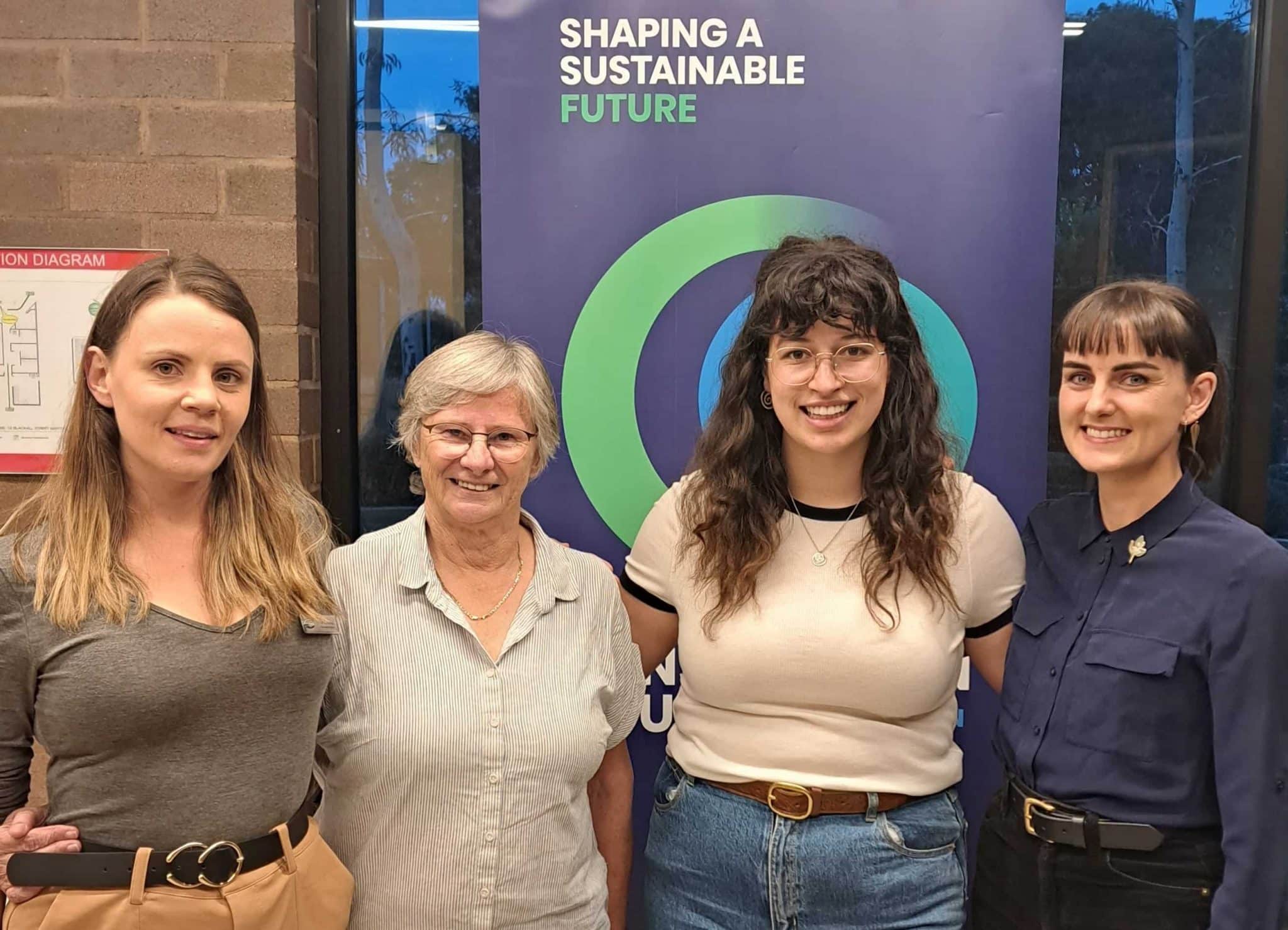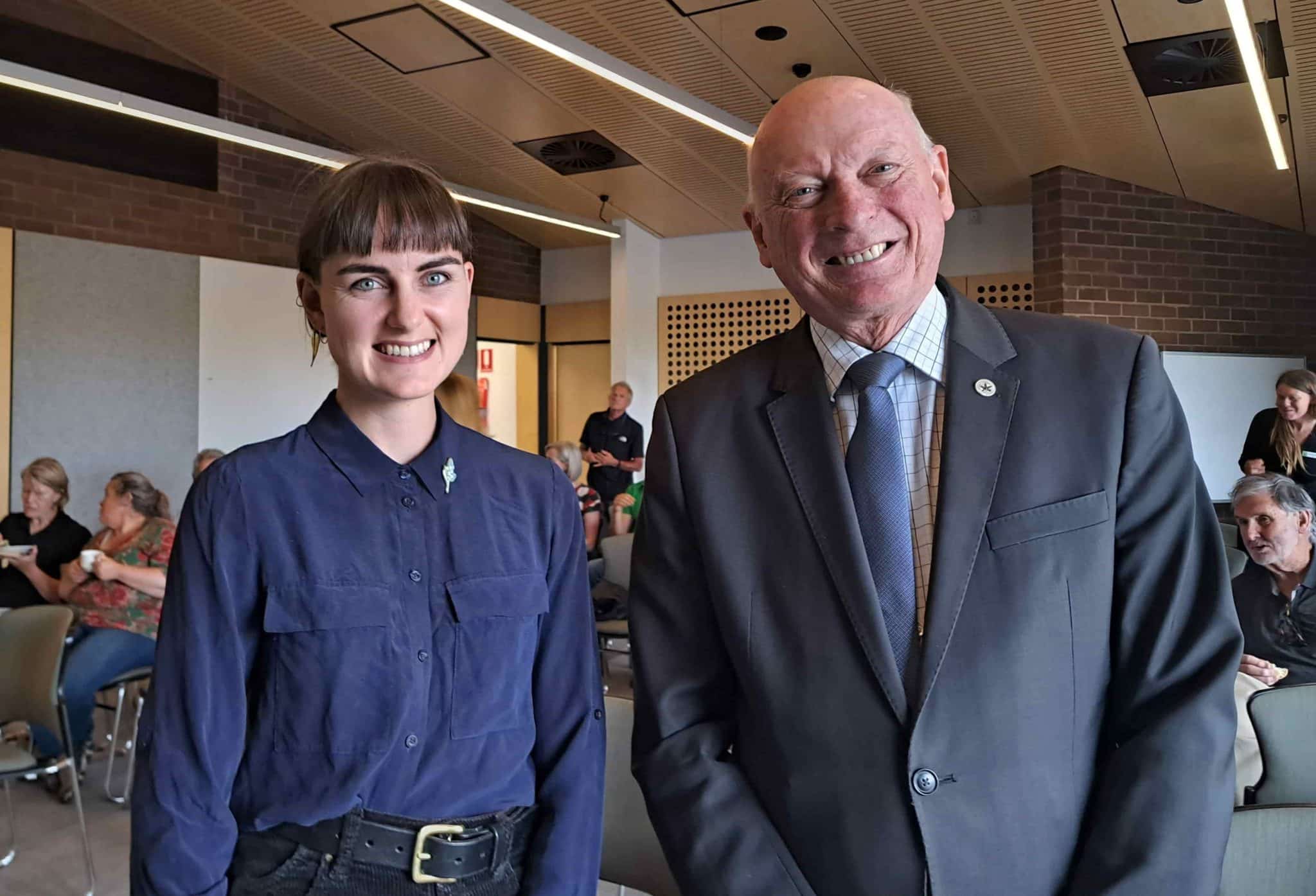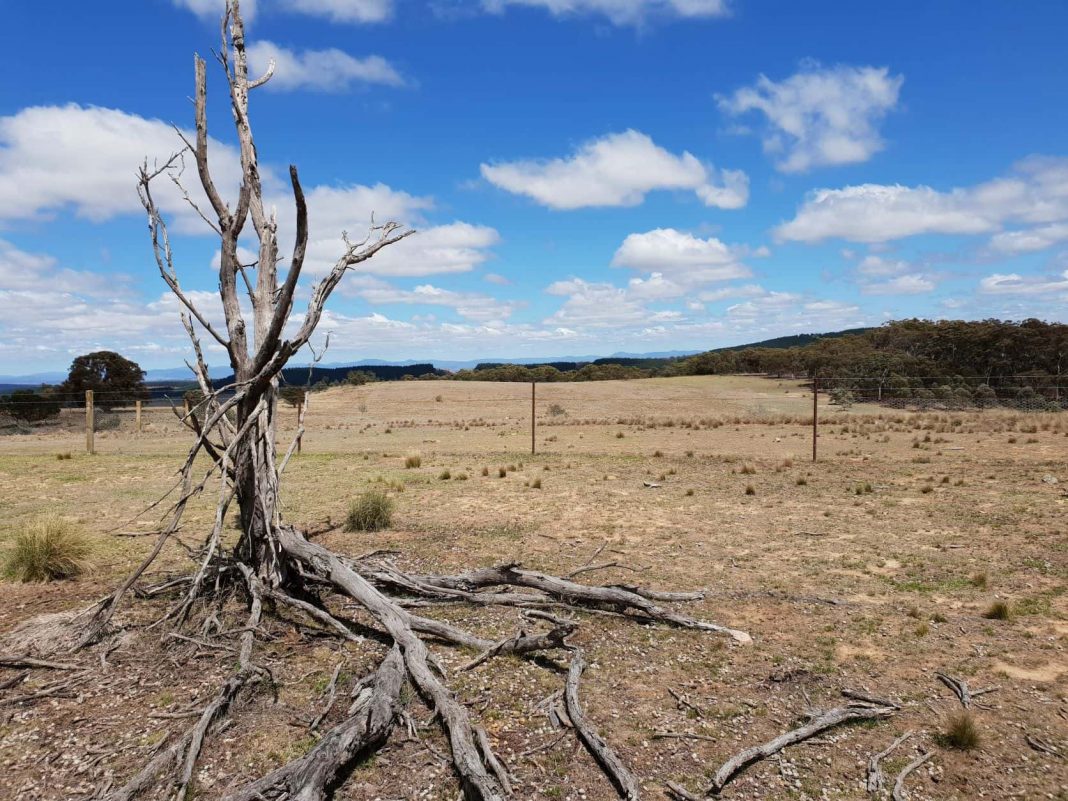The ACT is in an “environmental crisis” with increasing numbers of threatened species and native trees disappearing at alarming rates, according to the Conservation Council ACT Region (Conservation Council ACT).
While Canberra suburbs continue to encroach on previously untouched environments, native creatures big and small are losing their habitats.
Executive director of Conservation Council ACT, Elle Lawless, said, “we would consider the ACT as being in an environmental crisis, as well as the rest of Australia”.
The Council collaborated with Friends of Grasslands to produce a Biodiversity Network paper that aims to combat the destruction of and protect the ACT’s unique ecosystem.
Having been developed by community members, including ecologists and landcarers, makes this policy “really significant”, Ms Lawless said.
She explained the framework will hold “big benefits” for the whole ACT community by improving Canberra’s climate resilience, increasing vegetation, and helping to cool the city, ameliorating human health and wellbeing, both physically and mentally.
The paper’s key proposal to the ACT Government is to formalise conservation management and biodiversity outcomes on multiple types of public and leased land through the identification of ‘conservation areas’.
Without the biodiversity network, Ms Lawless said the ACT will continue to see the Territory’s important habitats improperly cared for.
This includes inadequate tree removal, planting of European species, increased devastation from greenfield developments, road and infrastructure expansions, and fragmented destruction of habitats.
Ms Lawless said fragmented destruction is particularly important as it restricts animal movement across the landscape and adversely impacts the ecosystem through increased light and sound.
A significant amount of environmental destruction is due to suburban development.
With Canberra also in the depths of a housing crisis, how does Ms Lawless suggest the ACT Government solve both issues?
“We can look after the environment and look after Canberrans at the same time,” she said.
Her vision is to stop creating greenfield developments, to increase urban infill, and to design smaller, more energy-efficient dwellings, thereby reducing the cost of living and the ACT’s carbon footprint.
“We need to increase houses in our existing suburbs, so we aren’t building into a precious habitat that native species rely on,” Ms Lawless said.
Cities like Sydney and Melbourne are examples of what not to do when expanding for an increasing population, she said.
“[They] have a really large urban footprint and are building further and further out.”
Canberra can avoid this future if urban infill is increased, which will establish a “thriving community and thriving nature,” she said.
“We continue to see a decline [of native plants and animals] in the bush capital when we have such special plants and animals that aren’t found anywhere else in the world.”
ACT Greens MLA hopes to see implementation
ACT Greens spokesperson for Parks and Conservation and Animal Welfare, Jo Clay MLA, spoke with CW about the Biodiversity Network paper.
Attending the launch of the paper, Ms Clay said she had two major takeaways from speaking with both the Conservation Council ACT and Friends of Grasslands.
Firstly, the ACT Government is currently undertaking a major review into the Territory’s planning system, and she hopes the paper’s findings and solutions will be included in the draft ‘blue-green network’ strategy.
Ms Clay said she is hoping the Conservation Council’s work can feed into the network to protect Canberra’s nature parks.
“I’m hoping the planning minister will read this [Biodiversity Network paper],” she said.
Secondly, the lack of protection for habitat strips on roadsides, small parkland, and areas of farmland causes ecological issues and according to Ms Clay, these “probably need to be protected”.
She said the government should be thinking about these parts of our environment when developing Canberra, as they are home to important native plants and animals.
Ms Clay said the Conservation Council ACT’s suggestion to establish a stakeholder group to advise the ACT Government was a “good idea”.
Volunteers are “tired” of repeatedly explaining to the government what needs to be implemented to protect the local environment, such as, stop spreading weeds, planting trees in grasslands, planting the wrong species of trees …
“The government is trying really hard to do the right thing, but aren’t always, so we need the advice,” she said.
Much of Canberra’s grasslands have been lost to suburban development and Ms Clay said the remaining areas must been protected.
Canberrans have custodianship over the Territory and it’s our obligation to restore it, she said.
Like the rest of Australia, the ACT is in an extinction crisis and Ms Clay said we’ve already lost 90 per cent of our grasslands so “it’s really important to protect”.
Liberals MLA ‘welcomed’ paper
Canberra Liberals MLA Peter Cain told CW he welcomed the release of the Biodiversity Network paper and emphasised that “retaining the Bush Capital vision is paramount”.
“Whatever enhances the Bush Capital character of Canberra will inherently enhance biodiversity in the ACT,” Mr Cain said.
“The preservation of green spaces is of the utmost importance in the face of the Chief Minister’s campaign of disrespectful densification.
“The government’s proposed ‘outcomes-focused’ planning system should be of great concern to those interested in conservation.”


Canberra Daily is keen to hear from you about a story idea in the Canberra and surrounding region. Click here to submit a news tip.



